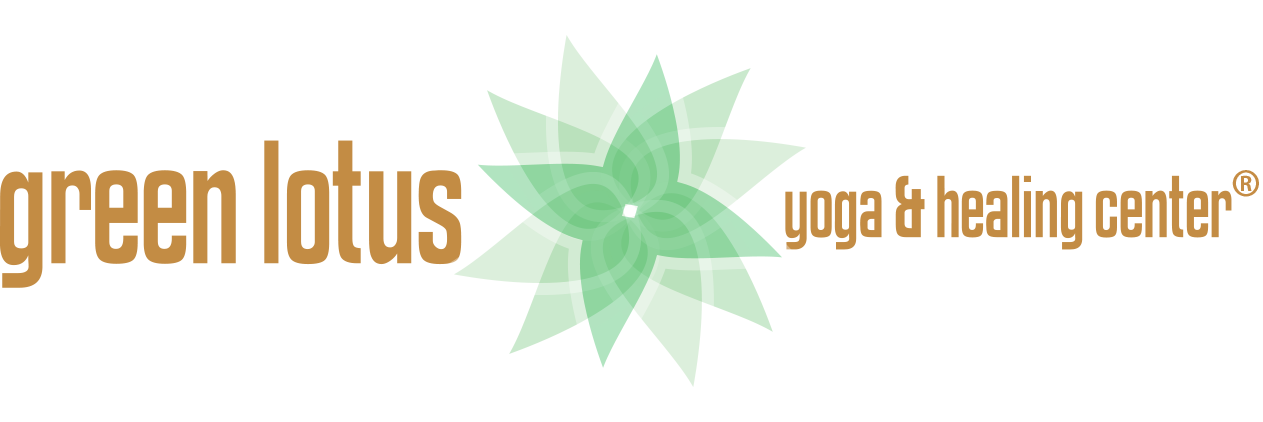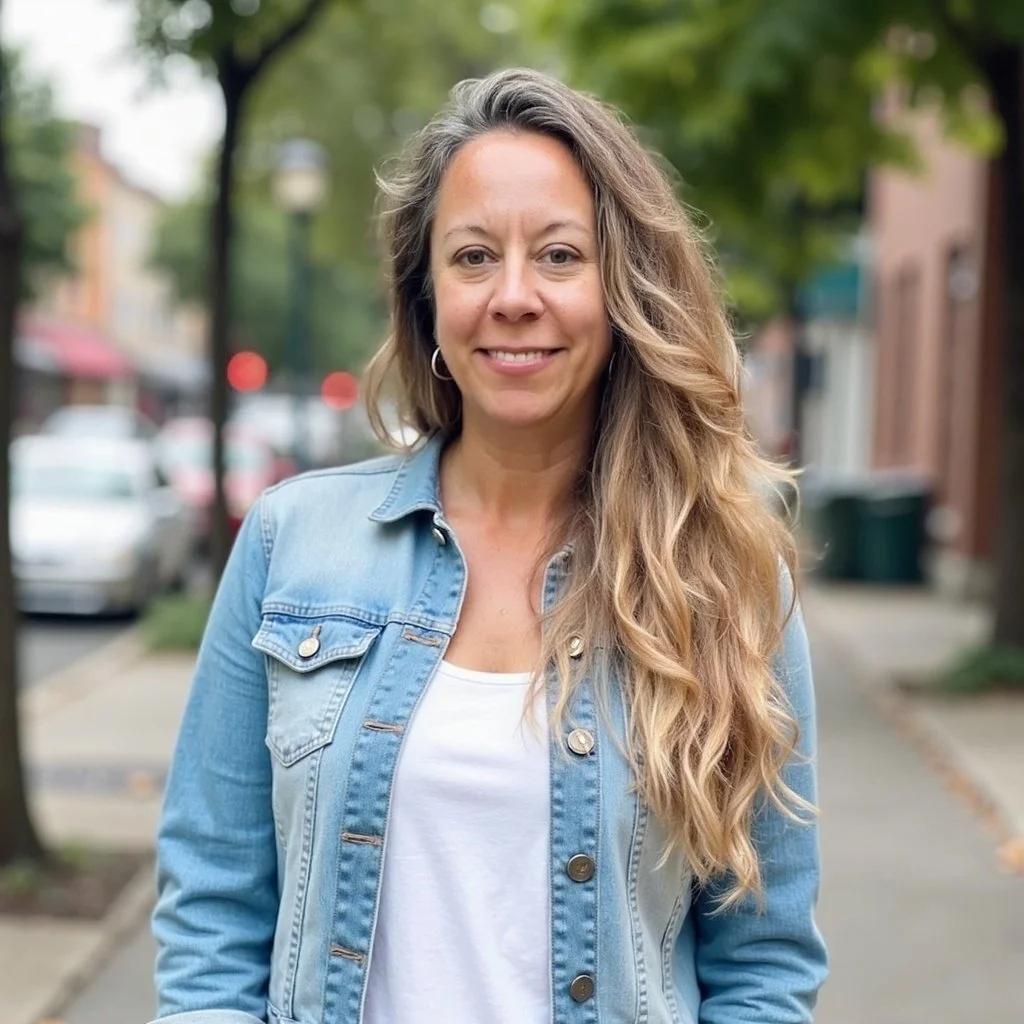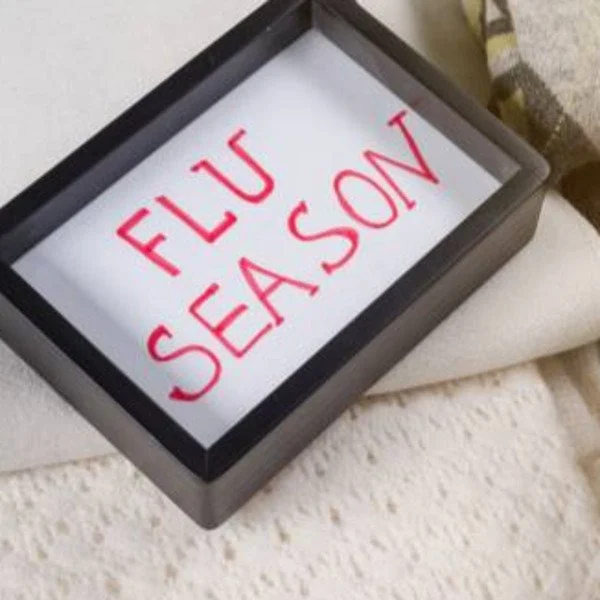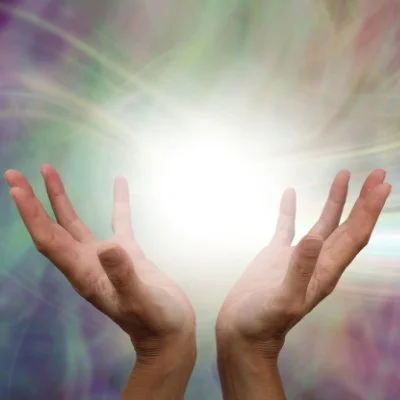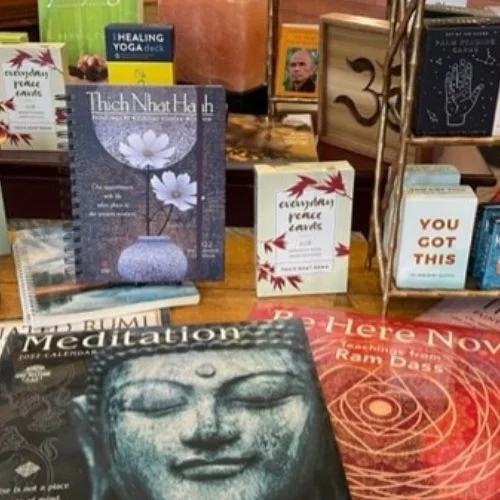Ahimsa & LGBTQ+ Allyship
/Ahimsa: If you are a student of yoga, it is probably a word with which you are familiar. In a broad sense, ahimsa is the expression of universal love and compassion. The practice of ahimsa involves refraining from causing physical or psychological harm to others and self. Ahimsa is full of layers and subtleties, including acknowledging and respecting others for who they are, and respecting ourselves for our true nature. The concept of ahimsa guides us to live a life of integrity and beckons us to be an ally to the vulnerable, misunderstood, marginalized, and oppressed.
Recently, I was approached by a yogi questioning how to act in alignment with ahimsa in a situation involving a person in the LGBTQ+ community. She wants to be polite and respectful to a valued colleague who is transitioning their gender but felt unsure about proper language and behavior. Like many others, she was afraid to say the wrong thing and inadvertently harm her co-worker. With just a few tips, she felt equipped with the words she needed and empowered to show her colleague respect and support. This inspired me to find more opportunities to shed light on these topics and offer guidance to more than one person at a time. Now I am writing to you.
Our world constantly is evolving, and part of that evolution is that more humans now are expressing their true nature. New words are coming into use to describe the beautiful varieties of humans and human relationships like cis, cisgender, trans, gender binary, poly, genderfluid, ENM (ethical non-monogamy), to name a few. For some, these new words are a source of discomfort, confusion, or even prejudice. All of these words, however, simply describe our fellow humans. Every human is worthy of ahimsa - acknowledgment, respect, compassion, and love.
I invite you to practice ahimsa, to become an ally, to be a loving human who supports and respects others as they are. To this end, I offer some terms that may or may not be new to you, and some ideas about the wide variety of human experiences possible in our ever-evolving world. I hope to clarify some questions you may have had along the way.
LGBTQ+
Lesbian, gay, bisexual, transgender, queer and/or questioning, and other humans who are not straight or cisgender.
Cis, cisgender
“Cis”, short for “cisgender”, refers to humans who feel comfortable with the gender they were assigned at birth.
Non-binary, genderfluid, trans, transgender, transexual, genderqueer, gender non-conforming
These terms refer to humans who feel the gender assigned to them at birth doesn’t align with their true nature. Some feel they are the opposite gender, some fall somewhere in the middle, some are a combination of – or neither – male/female, and some are still figuring out who they are. Gender is a social construct, and many humans find it limiting. Instead of gender being either-or, it exists on a continuum. Some humans don’t subscribe to the idea of fixed gender and find themselves floating in their identity and/or expression of their gender. This could mean changing their name, the pronouns they use, clothing choices, hairstyles, etc. You don’t really need to understand all the details in order to show respect for a non-binary human - you can inquire about their pronoun preferences.
Gender pronouns: he/him, she/her, they/them, ze/hir, etc.
Are you unsure how to respectfully refer to a human? Ask! When you ask a human about their pronoun preferences, you acknowledge them as worthy of respect and show you care. It’s really that simple to be polite and considerate. When in doubt, ask, “Do you have a pronoun preference?” They will appreciate your effort.
Dead names
This refers to the name a trans human used before they transitioned to a different gender. Avoid using dead names, even if that is the name you are familiar with using. It can be very hurtful to be called by a name you no longer identify with and doesn’t acknowledge who you are or the strides you made to live authentically. It takes courage to transition, and trans folks encounter many challenges on their path. Using the correct name and pronouns is a simple way to offer acknowledgement and support.
Non-cisgender relationships
These are one-on-one relationships that fall outside of man/woman, man/man, or woman/woman combinations.
Poly, polyamory, poly marriage, ethical non-monogamy (ENM), hierarchical poly
Love is love, and relationships take many forms. Many humans aren’t suited to monogamous relationships and instead develop loving relationships with more than one human. The details of these relationships vary, and, as with all loving relationships, consent, honesty, and ethical behavior are key. It’s inappropriate to assume that humans in non-traditional relationships are acting unethically, that they are cheating, or in some way acting out of alignment with ahimsa or integrity. Acting with integrity is very valued in the poly community, as is honoring boundaries and emotions and engaging in radical honesty and transparency in communication. Many humans in these kinds of relationships feel the connections they share with their intimate partners are healthier and more honest than the norm.
Questions about personal details
Do you ask your straight friends about the details of their sex lives and their genitals? Probably not. We should also respect the privacy of LGBTQ+ humans and humans in non-traditional relationships by refraining from asking questions about body parts, bedroom activities, and other private matters. Try not to treat any human as an encyclopedia, asking endless questions. Informing people of all the little details of personal matters can be exhausting. So remember to practice ahimsa and ask questions respectfully, then consult Google for more information or get consent from a knowledgeable human to ask more in-depth questions.
Judgment & prejudice
Unfortunately, some humans were raised in a belief system that judges man-woman-monogamous relationships as “right” and anyone existing outside this small box as “wrong”. When we put labels and details aside, we are talking about humans. Each human has a right to exist, to be acknowledged and respected, and to live safely and authentically in the world. Each human is worthy of love and compassion. Judging a human as “wrong” for living authentically is the opposite of embodying ahimsa. We don’t need to understand why a person may hold a certain identity or agree with them to show the respect and compassion that is inherently their due as a human being.
Become a more loving human
Practicing ahimsa means that you value and respect all humans regardless of the labels and details of their gender identity and relationships. We are all on this earth journey together, doing the best we can with the tools we acquire during our time here, yet there is often strong cultural programming to overcome. I invite you to consider your belief system and question how you can be more loving and respectful to the humans in your life, especially those who are marginalized, face discrimination, and those you don’t understand or with whom you may not agree. As humans, they are worthy. Period. Biased opinions and judgments, instilled by cultural programming, are not part of the ahimsa equation.
Allyship
Being an ally is more than being sympathetic toward those who experience discrimination. It is more than simply believing in equality. Being a true ally means acting with and for others in pursuit of ending oppression and creating equality. Tenzin Gyatso, the fourteenth Dalai Lama, said, “It is not enough to be compassionate. You must act."
An ally is a human with a personal commitment to fighting oppression and prejudice, and this is reflected in their willingness to:
Educate themselves about different identities and experiences
Challenge their own discomfort and prejudices
Learn and practice the skills of being an ally
Take action to create interpersonal, societal, and institutional change
If you have gotten this far, thank you for taking the time to read this. It is my hope that the words I share help bring clarity to topics many are afraid to inquire about. As a member of more than one of the above communities, I invite you to become an ally to myself, my loved ones, and all marginalized humans. Real change, increasing ahimsa in the world, normalizing the beautiful variety of human experiences, and ending discrimination all start with you.
